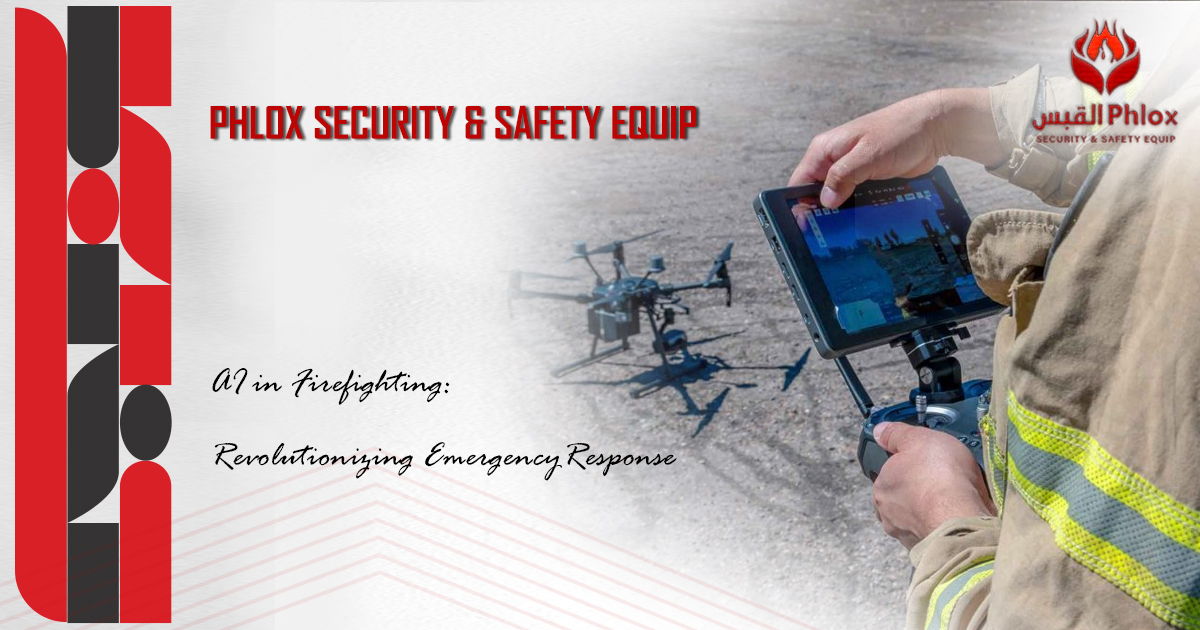
AI in Firefighting: Revolutionizing Emergency Response
Artificial Intelligence (AI) is making its mark in various industries, and firefighting is no exception. The application of AI in firefighting has the potential to transform how fires are detected, monitored, and fought. Which ultimately saves lives and reduces property damage.
AI in Early Fire Detection :
One of the key areas where Artificial Intelligence is proving invaluable is in early fire detection. Traditional fire detection methods, such as smoke alarms, are effective but can sometimes be delayed or faulty. AI-powered systems, combined with sensors and advanced data analytics, can detect heat signatures, smoke, and irregular patterns even before a fire becomes visible. These systems use real-time data from various sources, such as surveillance cameras, IoT sensors, and satellite imagery, to identify fire risks in large areas. In turn, this allows for faster response times, which is critical for preventing catastrophic damage.
AI in Managing Hazardous Environments: :
AI is also aiding firefighters in managing and navigating hazardous environments. Drones equipped with AI can fly over fire scenes, capturing real-time imagery, thermal readings, and environmental data. This information helps command centers to assess the situation from multiple angles without risking human lives. Artificial Intelligence algorithms can analyze this data, providing insights into fire spread patterns, wind direction, and potential hazards, guiding decision-making for fire crews on the ground.
VR Simulation in Firefighting Training:
Moreover, Artificial Intelligence is enhancing training and preparation. Virtual reality (VR) simulations, powered by AI, allow firefighters to train in highly realistic environments, honing their skills without facing the dangers of actual fires. This technique also helps optimize resource allocation, ensuring the right number of fire trucks, equipment, and personnel are dispatched to an emergency.
Ultimately, AI’s integration into firefighting is about improving efficiency, safety, and response time. With continuous advancements, AI could become a critical tool in reducing the impact of fires and saving lives on the frontlines.


